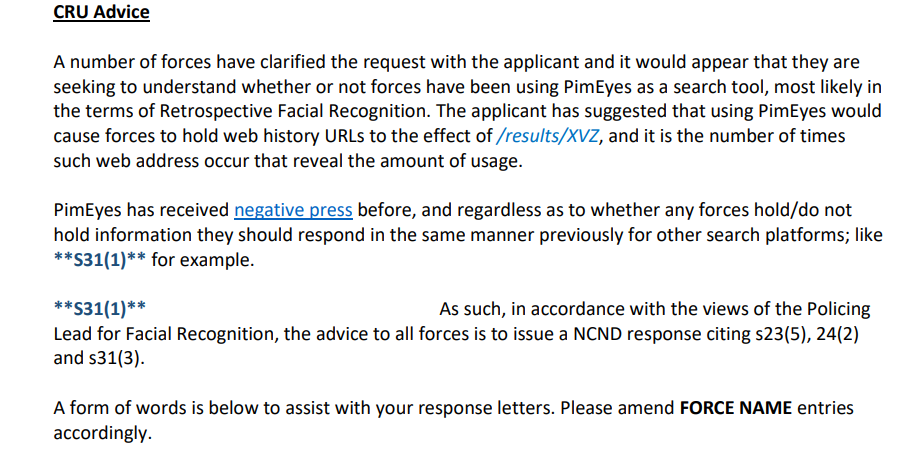Met police computers access ‘dangerous’ facial recognition search engine
Published on 10 May 2024
Officers accessed the controversial site more than 2,000 times in one 90 day period. Image: Ian Dagnall / Alamy

Officers and staff from the Metropolitan Police Force have been banned from accessing Pimeyes after a probe by Liberty Investigates and i news
Reports Mark Wilding for Liberty Investigates, and Cahal Milmo for the i. Edited by Harriet Clugston, Liberty Investigates.


